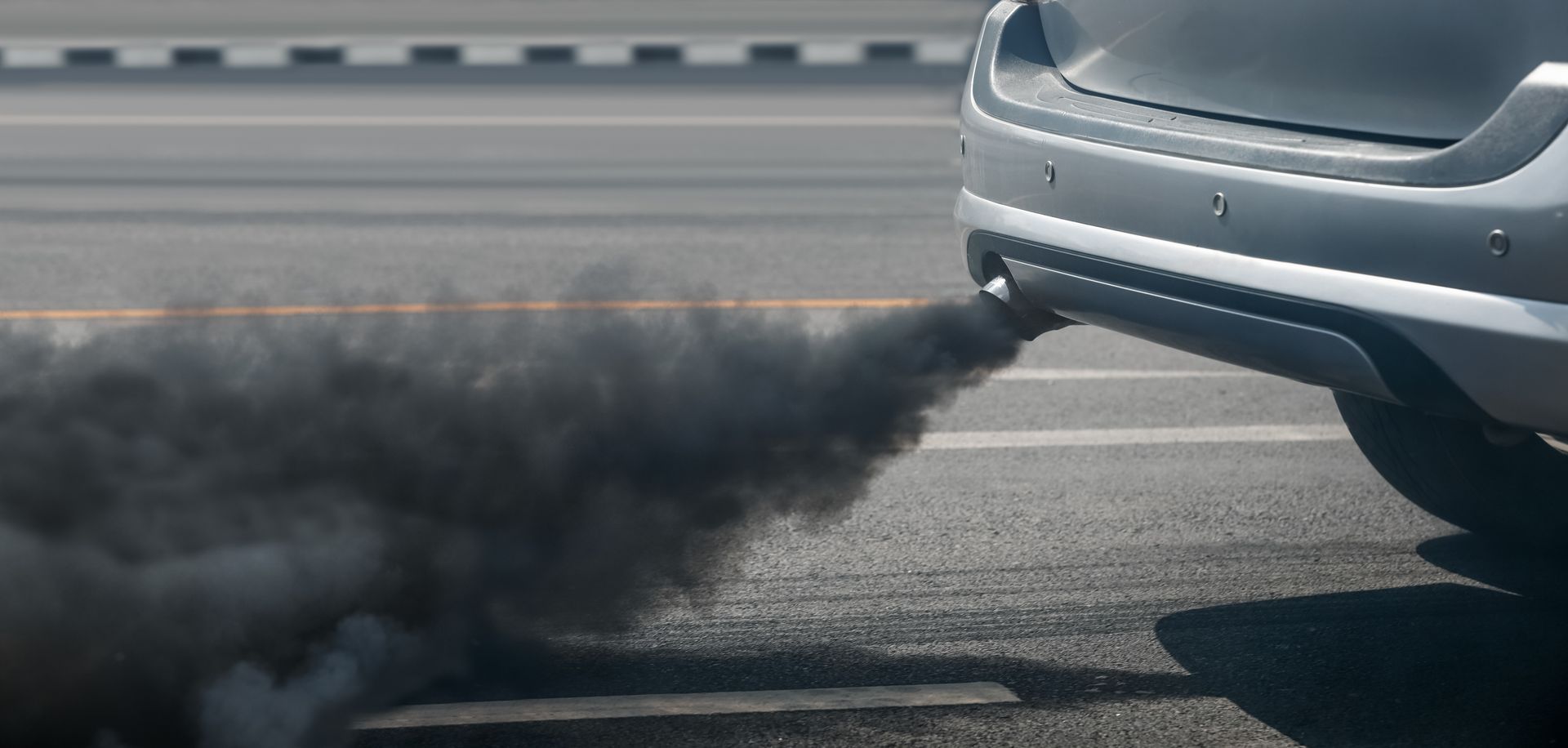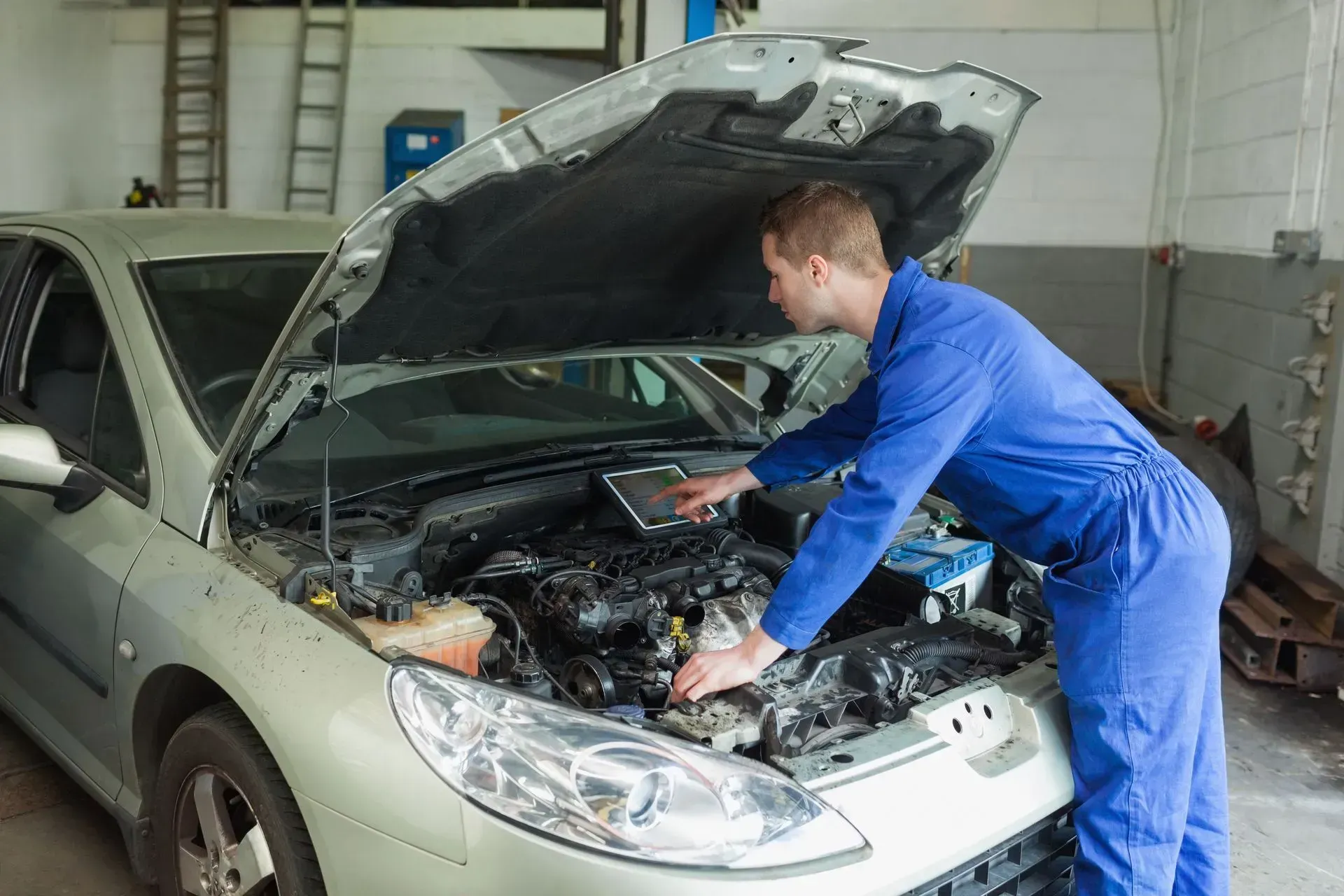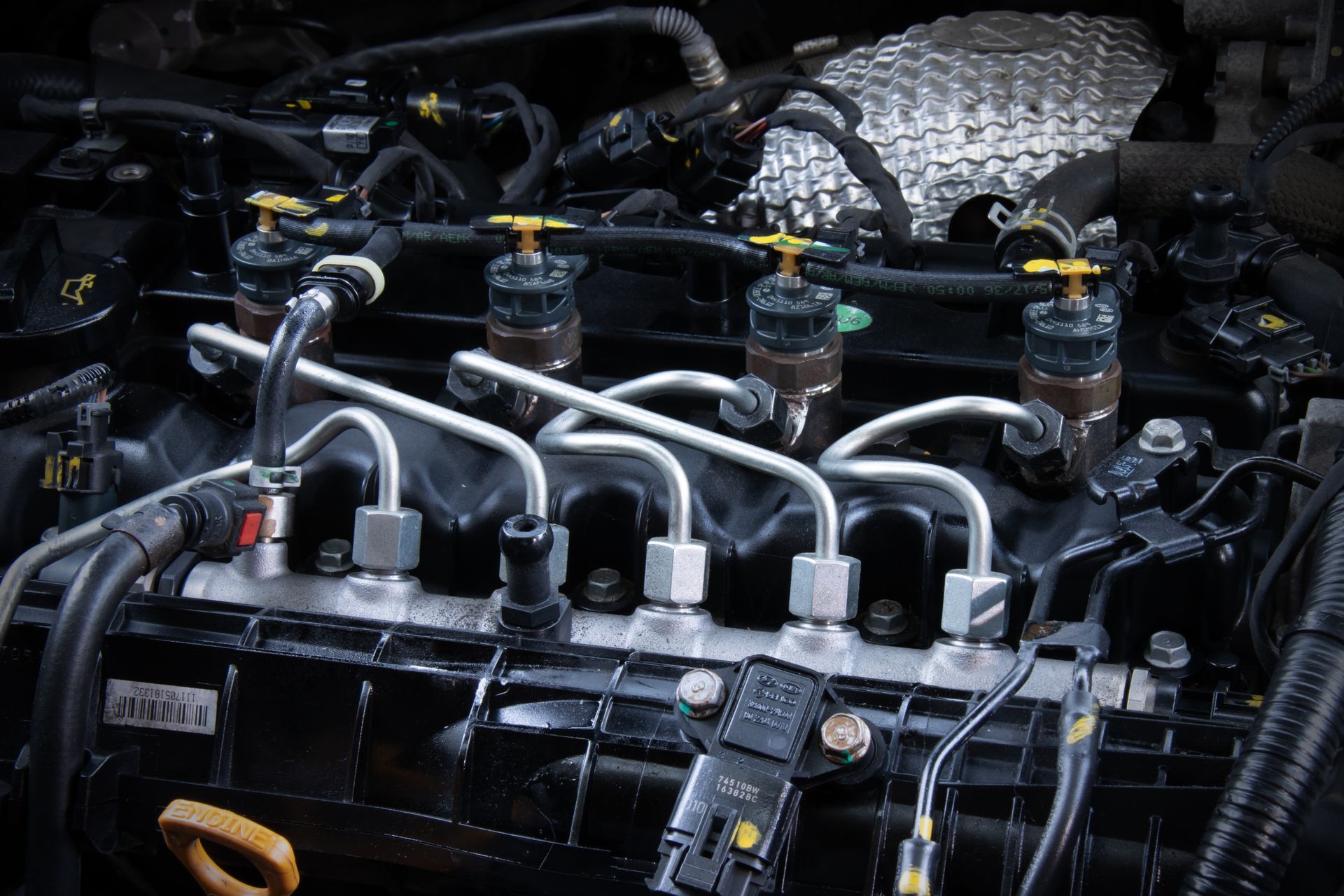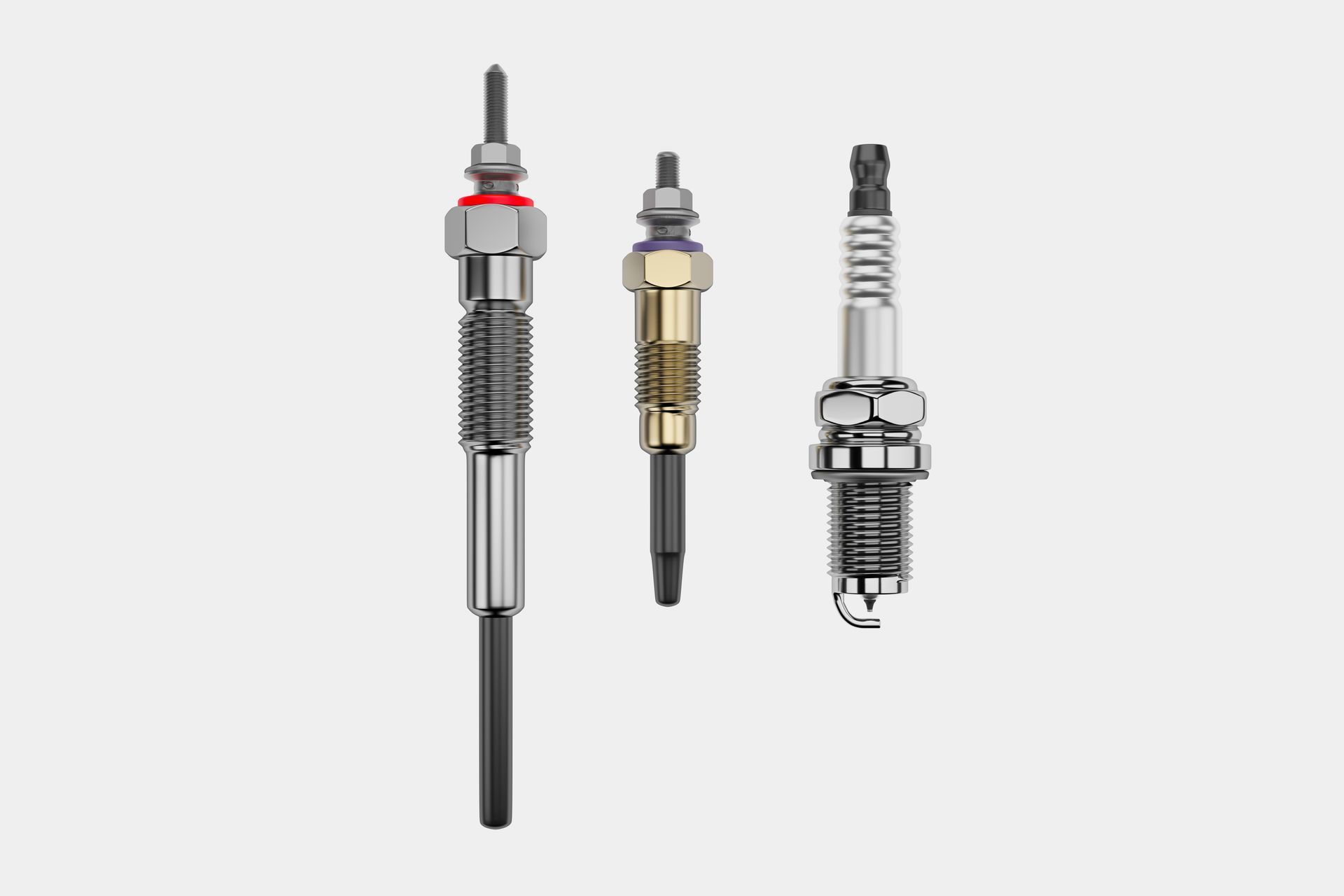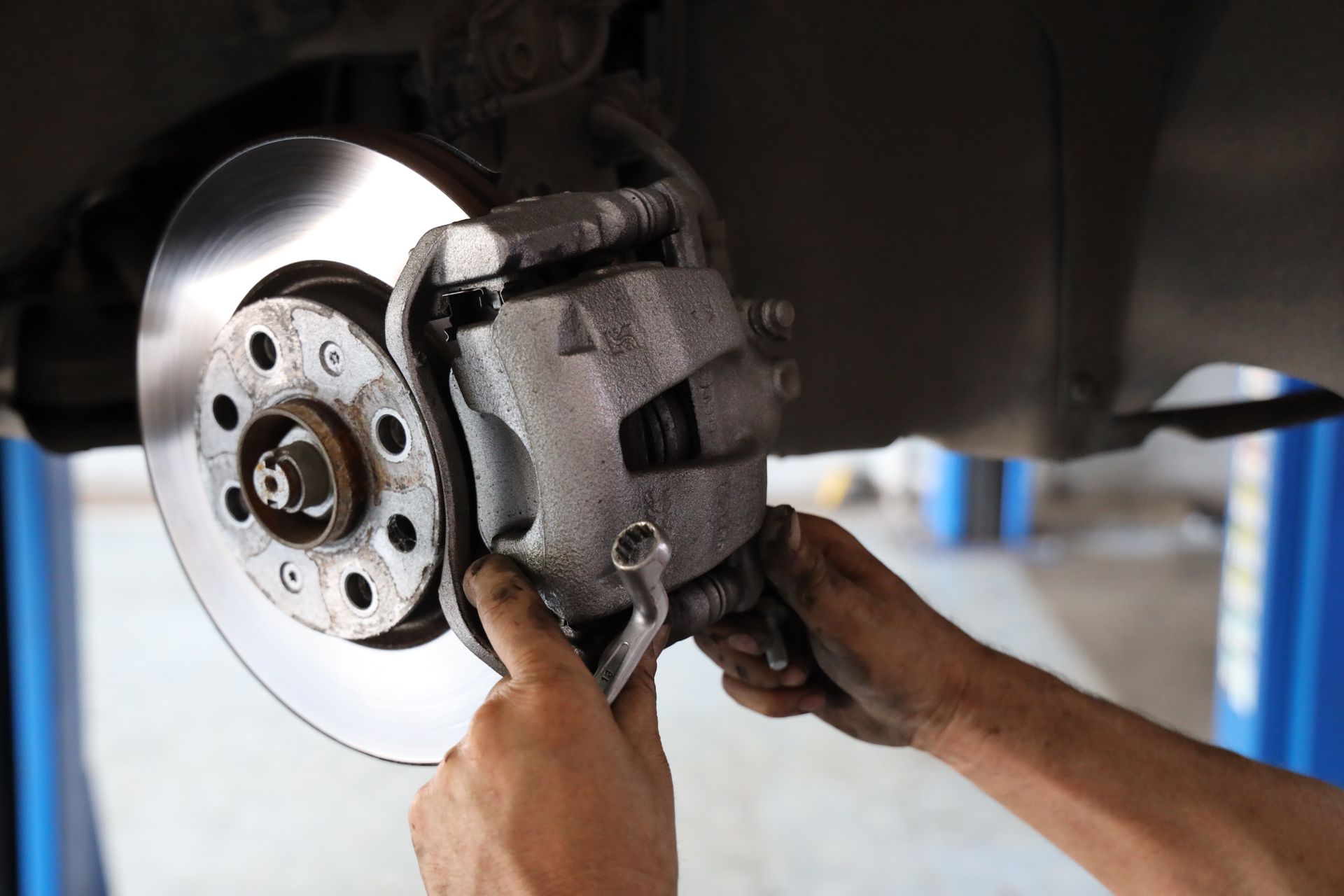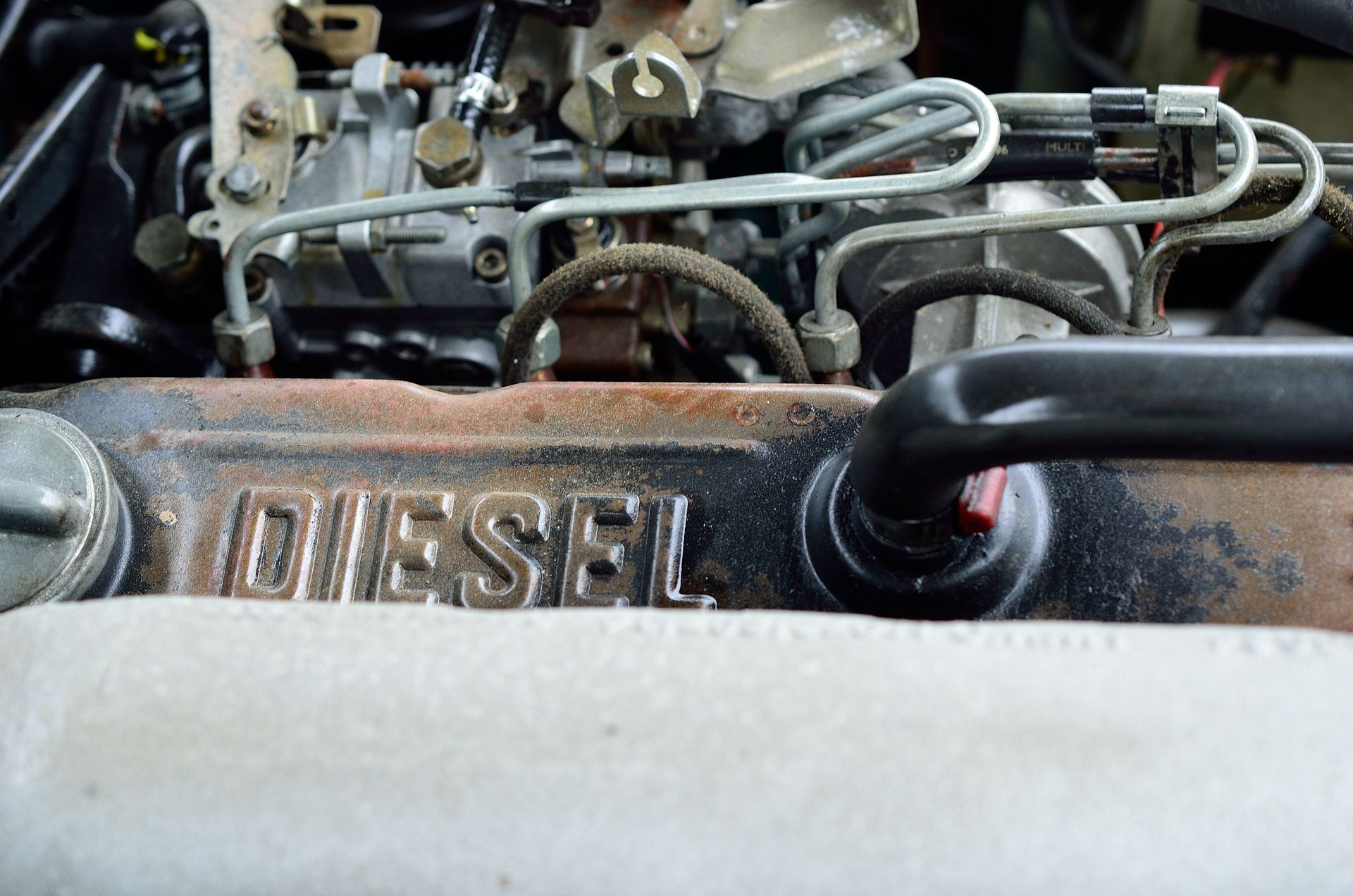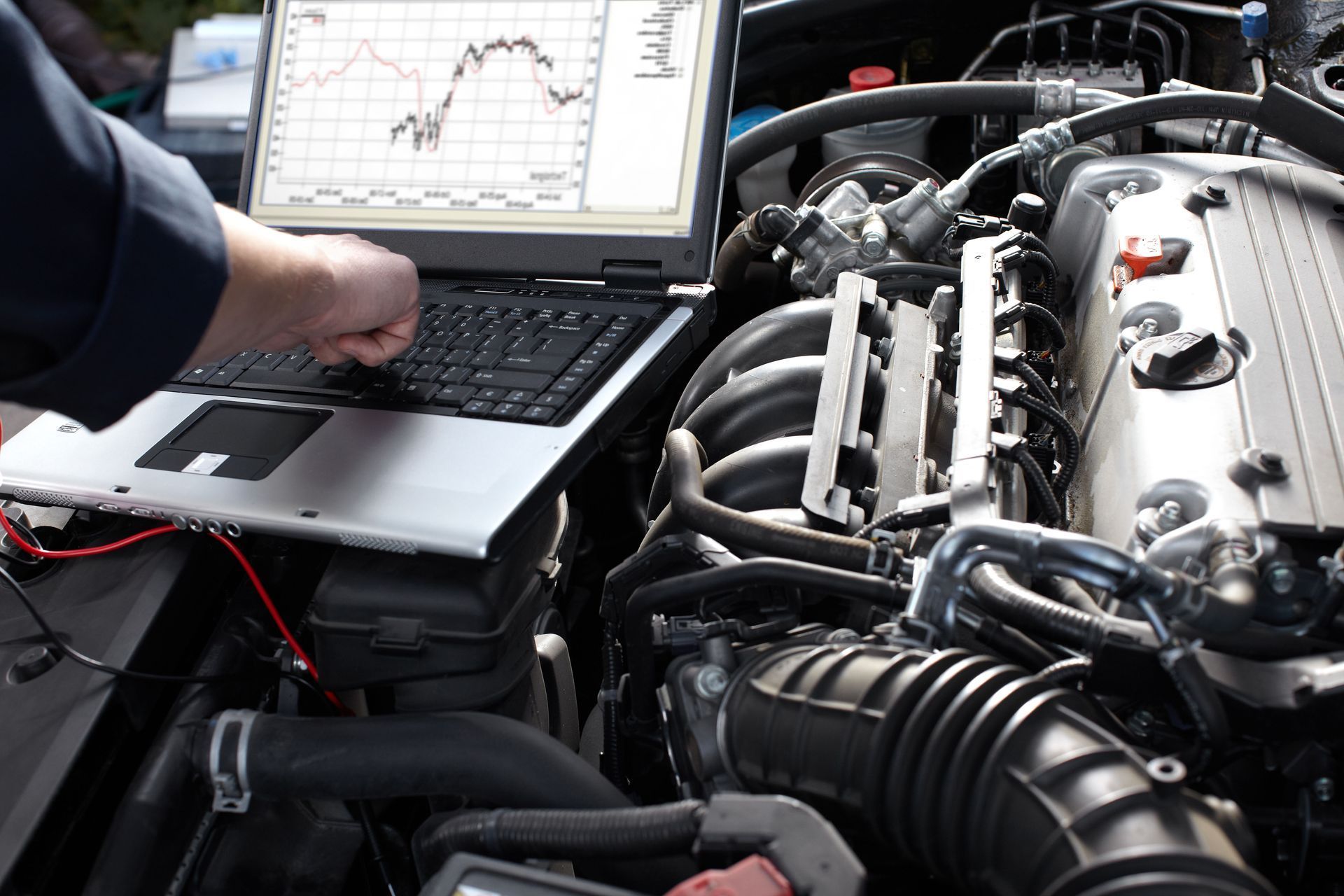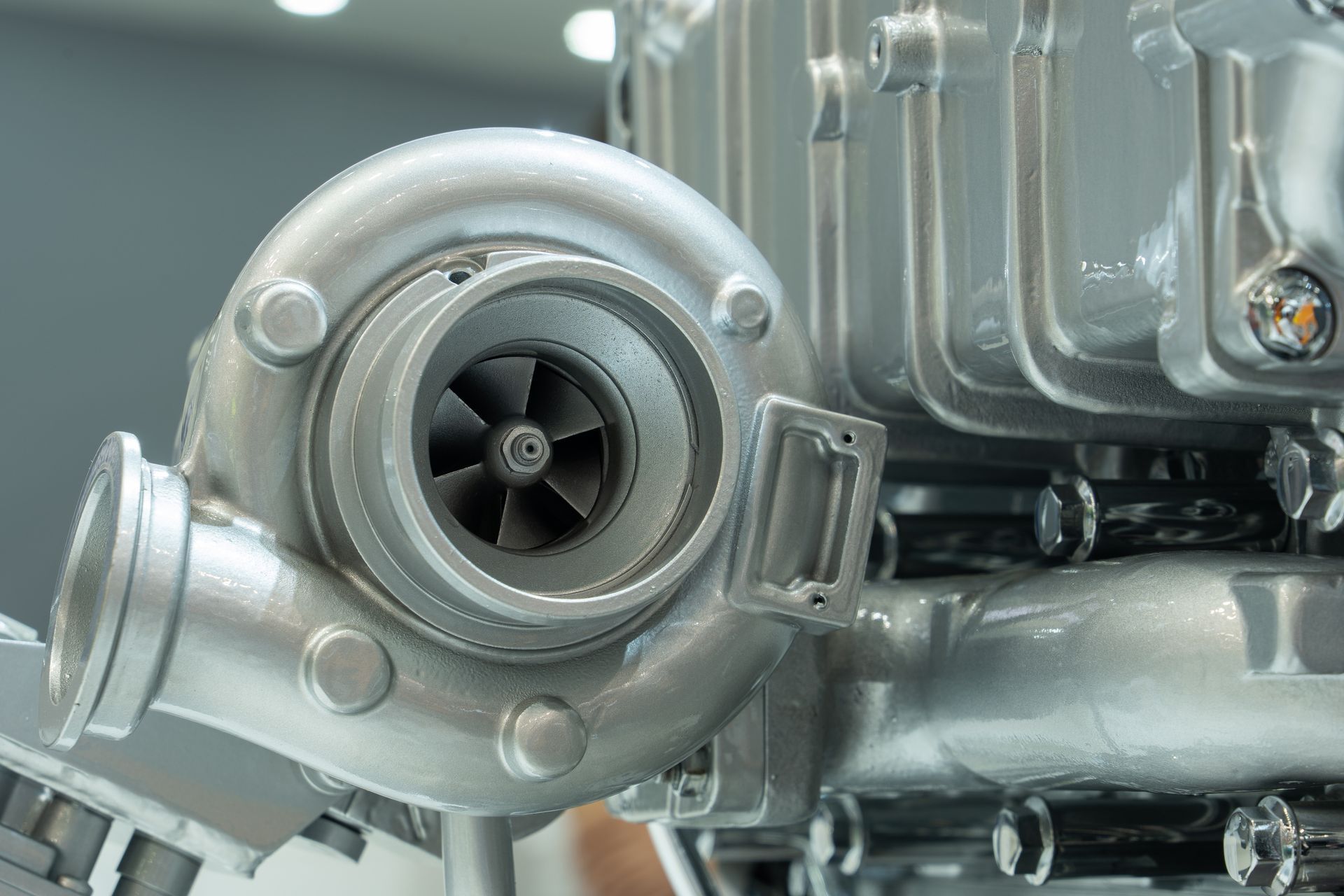When your vehicle’s check engine light comes on, one possible culprit is the EGR valve. Short for Exhaust Gas Recirculation, the EGR valve plays a vital role in managing your engine's emissions. But its function goes far beyond just keeping your car environmentally friendly. A malfunctioning EGR valve can lead to engine performance issues, increased fuel consumption, and even long-term engine damage if left unaddressed.
Many drivers dismiss EGR valve warnings as minor concerns, believing they are solely about emissions compliance. However, the system is deeply intertwined with the way your engine operates. Let’s break down what the EGR valve does, why it’s important, and how to recognize and address problems when they arise.
What Does the EGR Valve Do
The EGR valve recirculates a controlled portion of exhaust gases back into the engine’s intake system. This reduces the temperature of combustion, which in turn lowers the formation of nitrogen oxides (NOx)—a major contributor to air pollution and smog.
By sending some of the exhaust back through the combustion process, the EGR system helps:
- Reduce emissions
- Prevent engine knock
- Improve overall efficiency in certain conditions
In modern engines, especially diesel, EGR systems are far more sophisticated and work in conjunction with other emissions devices like diesel particulate filters (DPFs) and selective catalytic reduction (SCR) systems.
Why EGR Valve Problems Affect More Than Emissions
When the EGR valve sticks open, it allows too much exhaust gas to enter the intake, diluting the air-fuel mixture and leading to rough idling, stalling, or hesitation during acceleration. If the valve is stuck closed, the combustion temperatures rise, which increases NOx emissions and may cause pinging or knocking.
But the consequences don’t stop at driveability. A faulty EGR valve can lead to carbon buildup in the intake manifold, clogging passages and impeding airflow. In diesel engines, excess soot and unburned fuel can accelerate wear on engine components.
Over time, if an EGR problem goes unresolved, you might see:
- Poor fuel economy
- Reduced engine performance
- Failed emissions tests
- Damage to sensors, valves, or even the turbocharger
- Common Symptoms of a Faulty EGR Valve
While the check engine light is a key indicator, several other warning signs suggest your EGR valve may be failing. These include:
- Engine hesitation or surging while accelerating
- Rough idling or stalling, especially at low speeds
- Increased fuel consumption
- Noticeable drop in power or responsiveness
- Excessive black smoke from the exhaust, particularly in diesel engines
- A failed emissions test or inspection
Many of these symptoms are easy to dismiss as minor engine issues, but together, they often point to problems in the emissions or intake systems—areas where the EGR valve is deeply involved.
What Causes EGR Valve Failure
Over time, the EGR valve becomes coated with carbon deposits from the exhaust gases. In some cases, this buildup can cause the valve to stick open or closed. Other times, a problem with the valve’s electrical control system or a cracked vacuum line can lead to erratic performance.
Diesel engines, in particular, are prone to EGR issues due to the amount of soot and particulates in the exhaust stream. Vehicles driven on short trips or at low speeds can experience more rapid buildup since the EGR system doesn’t get hot enough to burn off deposits.
Can You Clean an EGR Valve
In many cases, yes. If the valve is not electrically damaged and still functions mechanically, cleaning the EGR valve and its passages may restore normal operation. However, this is often a temporary fix. Once buildup starts to impact function, it tends to return unless the root cause is addressed.
Modern vehicles with complex emissions systems often require replacement of the valve rather than cleaning. In some models, cleaning may involve removing the intake manifold or disconnecting sensors, which is best left to a professional.
Why You Shouldn't Delay Repairs
Letting an EGR issue linger can gradually affect other parts of your engine. Your vehicle may still run, but not efficiently. The extra stress placed on sensors, the fuel system, and other emissions components can lead to additional repairs over time.
If an EGR code triggers your check engine light, or if you notice any of the symptoms listed earlier, it’s a good idea to have your vehicle diagnosed by a technician with the proper tools and experience.
Keep Your Engine Running Smoothly with Help from Key Diesel and Auto Service in Williamston, MI
At Key Diesel and Auto Service, we understand how small issues can grow into costly problems if left untreated. Whether your EGR valve needs cleaning, replacement, or diagnostics, our technicians are ready to help you get back on the road with confidence.
Stop by our Williamston, MI, location today and let us help you maintain peak engine performance and stay ahead of emissions-related problems.
